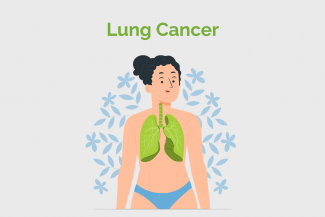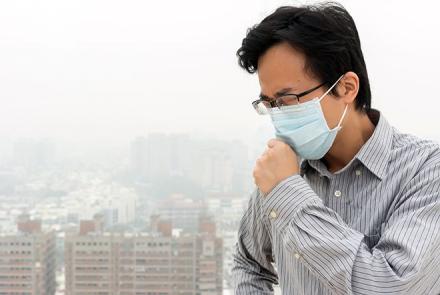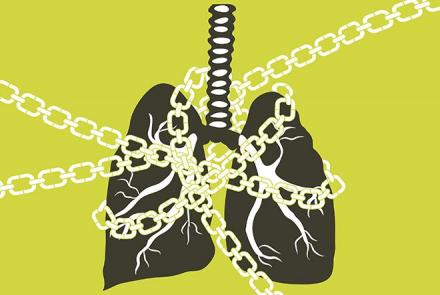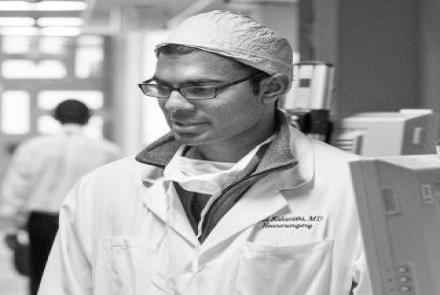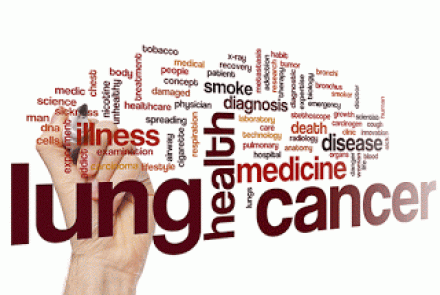
Follow-up care
After finishing the treatment, check-ups are recommended to look for any side-effects of the treatment or any new symptoms or signs of recurrence or spread. The doctor may recommend any one or more of the following tests:
-Chest X-ray
-CT scans
-Ultrasound
-Blood test
A CT scan is recommended every 6-12 months for first the 2 years and yearly after that.
Food and nutrition
Eating right is a key part of cancer treatment. You need to keep your body as strong as possible before, during and after treatment, so you need to take in enough nutrients. Eating enough proteins and calories will help your body deal with the treatment and fight off infections. This may be easier said than done as some treatments play havoc with taste buds and the digestive system.
There is no specific prescribed diet for lung cancer. It depends on the needs of the patient. Some patients may need to lose weight while others may need to make up lost weight. Speak to your doctor for advice.
Here are some tips from the National Cancer Institute on eating habits that may lower the risk of cancer:
- Increase intake of fruit, vegetables and whole grains
- Decrease fat intake to < 30 per cent of your calories
- Minimise intake of cured, pickled and smoked foods
- Achieve and maintain a healthy weight
- Moderate alcohol consumption
Exercise
Physical activity can reduce the risk of recurrence of cancer and improve survival and quality of life. But people with lung cancer may get tired easily so start with light exercise such as walking, yoga, taking the stairs instead of the elevator, gardening a few times a week or any activity that you enjoy. Speak to your doctor before embarking on any exercise programme.
Take charge – Your action plan
- Be informed. Learn as much as you can about your condition. Talk to your doctor about your condition, treatment and prognosis. Read up about lung cancer, so you know what questions to ask your doctor. Speak to other patients to find out what treatments and therapies have worked for them. Being informed keeps you in charge of your health and treatment.
- Nourish your body. Make sure you are giving your body the nutrition it needs. Eat, even if you don’t feel like it.
- Exercise moderately when you are able to
- Stay positive. Join a support group. Lung cancer is associated with the stigma of making poor lifestyle choices, ie, smoking. This is something that many patients have trouble accepting and hence prefer not to talk about their problems. Having a good support system is very helpful as you can share your thoughts and feelings with people facing similar challenges. You should also talk to family and friends and your feelings.
- Read books that offer encouragement.
- Stay focused on your treatment with timely follow-ups and healthy lifestyle.
Know your support team: Who can help you stay healthy
- Pulmonologist
- Medical oncologist
- Thoracic surgeon
- Radiation oncologist
- Dietitian
- Counsellor or mental health practitioner
- Other specialists depending on your condition

